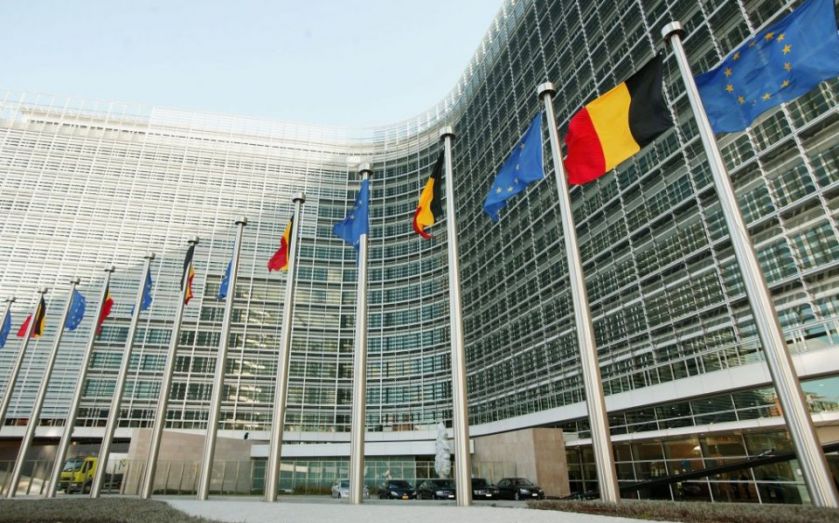European Union GDP growth to hit 1.8 per cent this year – as Greek forecast is slashed to 0.5 per cent.

The European Commission expects GDP to rise 1.8 per cent across the European Union, and by 1.5 per cent across the euro area as a whole.
It's expected to benefit from low oil prices cutting business costs and giving consumers more disposable income, stronger exports as a result of the weak euro, and loose monetary policy from the European Central Bank.
"Oil prices remain relatively low, global growth is steady, the euro has continued to depreciate, and economics policies in the European Union are supportive," it said.
"On the monetary side, quantitative easing by the European Central Bank is having a significant impact on financial markets, contributing to lower interest rates and expectations of improving credit conditions."
And it said inflation – which recently crawled out of negative territory – will stay close to zero during the first half of 2015, before picking up towards the second half of the year.
However the European Commission slashed cash-strapped Greece's growth forecast to just 0.5 per cent for 2015, down from 2.5 per cent three months earlier.
Greek negotiators will today meet European Central Bank (ECB) chief Mario Draghi. Greek deputy prime minister Yiannis Dragasakis will ask the ECB to lift restrictions on preventing his country from issuing more short-term debt.
The country is desperately trying to unlock additional funding before it must repay €200m (£147m) to the IMF on May 6, and €750m payment due May 12.
